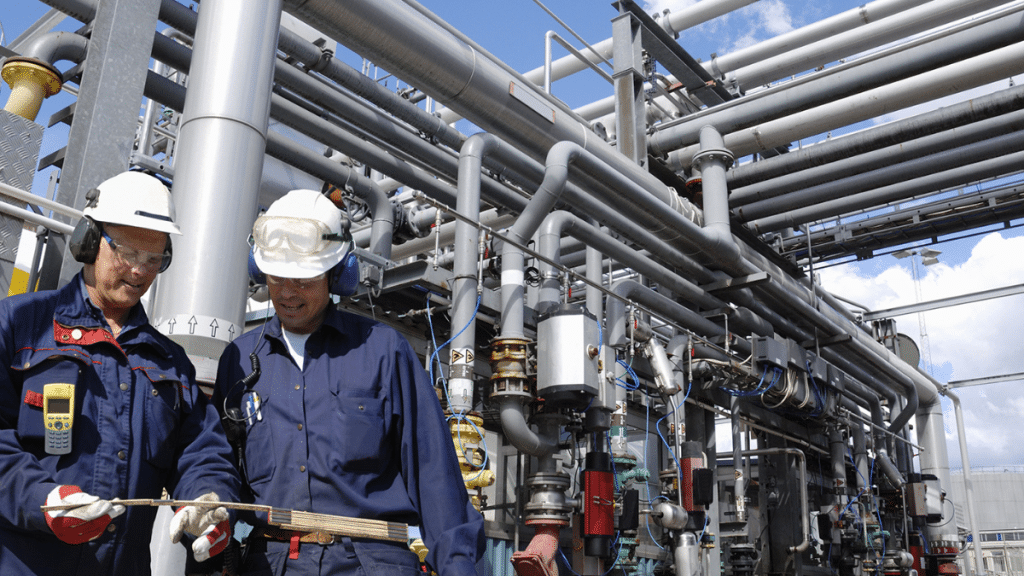SCO (Control of Operations Safety) and NRO (Network Rail Operator) training is required for individuals who work on or near gas networks throughout the UK. The two courses are aimed at informing operatives, engineers and supervisors about the control of safety-critical operations and the following of procedures outlined in the gas industry safety framework.
The training discusses the steps and standards of safely working on gas distribution networks. This includes granting permits, preparing work plans, isolating parts of the network, and adherence to industry and legal regulations. It’s a crucial part of maintaining public safety, protecting infrastructure, and preventing accidents that could lead to serious consequences.
Any person responsible for the management or supervision of the business of gas – either directly employed by a utility company or a subcontractor – may be required to hold current SCO or NRO certification based on the nature of work they perform.
The SCO Scheme: An Overview
The SCO training program is designed and maintained by Energy & Utility Skills on behalf of the UK gas industry. It provides a structured approach to confirming operatives are competent to operate their work in line with Gas Industry Unsafe Situations Procedures (GIUSP) and other related standards.
The scheme is split into different modules, each of which is for a specific area of responsibility. These include issuing and accepting work permits, putting in place safe systems of work, routine operations, and dealing with procedures if there is an emergency. There are also specific modules for gas networks having pressures above and below 7 bar.
Training is typically a combination of classroom learning and practical testing. It ensures that the attendees are knowledgeable about the legal requirements and safety processes in the management of gas operations on the network. Following completion, the certification has an expiration date, for which refresher training is required afterwards to be compliant.
Understanding NRO Training
NRO (Network Rail Operator) training is a related but distinct qualification. It’s usually required for individuals working on or near the National Transmission System (NTS) or Local Transmission Systems (LTS), particularly where controlled access to infrastructure is required.
NRO training covers access to the site, work safety, and control network communication. It can involve training on valve work performance, communication with gas control centres, and activity recording in accordance with national safety standards. Just like the SCO scheme, it’s a preventive measure against errors and means trained workers only carry out particular jobs on the gas network.
NRO training is typically offered along with SCO training to those who require both. It provides the same level of familiarity with network operations throughout a project team at any given phase. Contact us for more information on SCO NRO Training.
Who Should Get Certified?
Not all on site must be fully SCO or NRO certified, but important individuals in supervisory, operational or safety-critical roles usually are. They are engineers issuing permits, team leaders overseeing works, and experts for scheduled or emergency gas network intervention.
Contractors bidding on gas utility work also need qualified staff on the job. Certification demonstrates expertise, reduces risk and enables organisations to meet their legislative responsibilities under the Health and Safety at Work Act and other legislation specific to the industry.
Employers need to identify which employees need training and whether certification is current. There are several training providers that offer courses nationwide, with initial and refresher training available.
